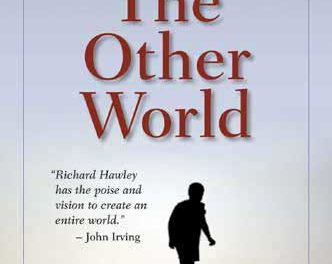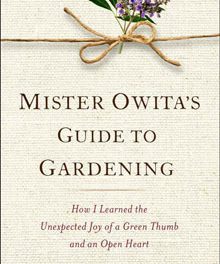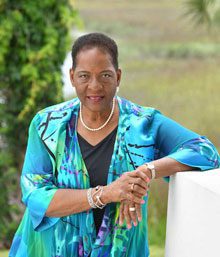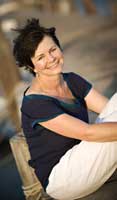 When student art is chosen for the cover of a book, it’s worth celebrating. Furthermore, when a local school is chosen as a model for study in colleges nationwide, it’s time for a community to be proud. Lady’s Island Elementary School (LIES) is that school and they are celebrating being on the cover of a just released college text on arts integration. The cover shows student art photographed by Eric Smith of Captured Moments in Beaufort.
When student art is chosen for the cover of a book, it’s worth celebrating. Furthermore, when a local school is chosen as a model for study in colleges nationwide, it’s time for a community to be proud. Lady’s Island Elementary School (LIES) is that school and they are celebrating being on the cover of a just released college text on arts integration. The cover shows student art photographed by Eric Smith of Captured Moments in Beaufort.
In a book launch event, a crowded room of parents, students and administrators applauded as participating teachers and principal Marvelle Ulmer were given special bound presentation copies of Claudia Cornett’s Creating Meaning through Literature and the Arts.
“It was no contest,” author Cornett said about choosing the cover art. When she visited Lady’s Island Elementary School (LIES) last winter to update her text on arts integration, she spotted the stunning display. Visual art teacher Stephanie Riedmayer explained that the self-portraits were the result of a study of artist Jonathan Green. Cornett saw in the display the potential for a book cover.
“This art has all the right elements,” Cornett explained. “It is provocative–it makes the viewer want to keep looking and want to know more. What the kids created is simply beautiful!”
The LIES student art exhibit wasn’t the only thing that impressed Professor Cornett. An initial meeting with Principal Marvelle Ulmer and the school’s arts team prompted the author to feature the school in chapter 2. According to Dr. Cornett, “LIES has a solid history of working to meaningfully integrate the arts and has repeatedly been recognized for its innovative programing—including the recent Governor’s Award. The LIES story is a poignant example of how creative teaching can turn student achievement around.”
Implemented in hundreds of schools across the United States, arts integration (AI) centers on creative teaching. AI is an instructional approach in which teachers use music, visual art, drama, dance and literature to teach everything from science units on the plants and planets to geometry.
AI now has a solid thirty-year old track record for increasing student achievement, particularly among the hardest to reach kids—those growing up in poverty. Top educators consider AI to be the most significant educational innovation in the past two decades.
Dr. Cornett explains, “AI works because the arts have natural appeal—they engage students cognitively and emotionally. Students become more motivated to do hard high-level thinking when they are challenged to transform learning into a dramatic scene, a song, a piece of art or a dance.”
What exactly is arts integration? Cornett says the definition is the title of her book—creating meaning through literature and the arts. “Of course, kids need to be taught HOW to make sense, how to collect ideas and evidence, to connect the dots and draw informed conclusions. That’s what creative thinking—at the heart of AI—is about.”
Locals can see AI in action daily, throughout the curriculum, at LIES. But the rest of the country can now see it, too. Readers will get a glimpse of how to teach using the arts in classroom “snapshots” throughout the new book. The vignettes allow teachers new to AI to be able to step into actual lessons.
“Stephanie Riedmayer, Kristin Brady, Lisa Ten Eyck, Lynda McLain and classroom teachers Jessica Goethie-Bacon and Charlotte Diorio welcomed me into their classrooms for observations. Their creative teaching ideas make the book come alive,” says Claudia Cornett. “That and their photogenic faces!”
Indeed, as a result of the initial visit to LIES, local photographer Eric Smith was engaged to do a photo shoot at the school. Through his creative images, the arts integration story is furthered told.
Creating Meaning through Literature and the Arts is currently used in dozens of US colleges and in other countries, such as Canada and Australia. Lauded as the “bible” of arts integration, the book is also a favorite for continuing education for events such as the Spoleto Creative Teaching Institute. And with this edition, the publisher, Pearson has its sights set even higher. For the first time, the new edition is available as an e-text, so it is expected to reach wider audiences.
One little arts-based school in the very artsy little town of Beaufort is about to become famous.







